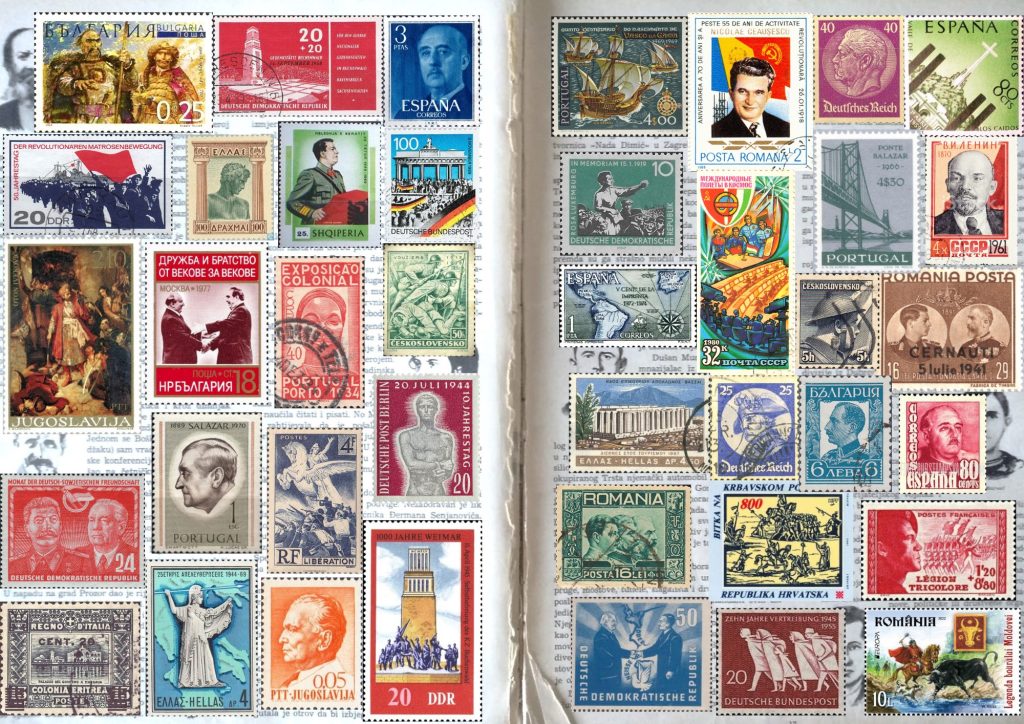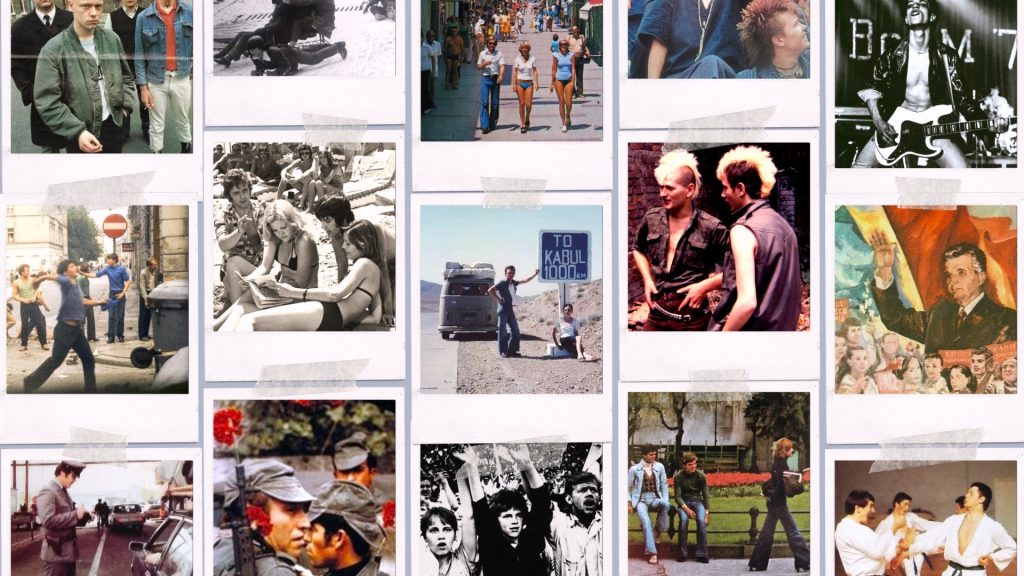European Culture(s) of Remembrance

European Culture(s) of Remembrance stays for event series within the long-term project “Venues of Vicitms // Venues of Perpetrators. Mapping, Decoding & Processing the Role of Historical civic education in (European) Youth Work”. During the period 2025-2027, six international activities will take place in the form of advanced seminars for multipliers in the field of history and/or civic (youth) education.
The first event in the frame of the project “European Culture(s) of Remembrance” took place in March 2025 in Germany. The project was continued with the seminar in Croatia in September 2025. The next seminar within the framework of the project “European Culture(s) of Remembrance” will take place in March 2026 in the Czech Republic. The related call for applications will be published in autumn 2025.
All project events seek to interrelate four central aspects: firstly, each event will focus the question of how major historical events in the visited countries are represented in the local/regional/national culture of remembrance. Secondly, each event will question in how far past or contemporary local/regional/national culture(s) of remembrance shape the political and social dynamics in the visited countries. Thirdly, each event will bring insights into the local practices of historic civic education. Fourthly, space for exchange and networking among participants will be provided.
The project “European Culture(s) of Remembrance” is conceptualized and coordinated by Markus Rebitschek (EJBW, Weimar) and Boris Stamenić (Retrovizor, Zagreb). The project is implemented with the financial support of the European Union and the Federal Republic of Germany.
:::::::::::::::::::::::::::::::::::::::::::::::::::::::::::::::::::::::::::::::::::::::::::::::::::::::::::::
Youth in Cold-War Europe and beyond

The project “Youth in Cold-War Europe and beyond” explores themes and methods from the field of historical-political education within the framework of international youth exchange activities. In terms of content, the project aims to link the political history of contemporary Europe with the social and cultural history of the continent.
Two central questions are the focus of the project: First, how did different regimes in Europe in the second half of the 20th century attempt to shape the attitudes and behavior of young people? Second, how did young individuals and groups deal with state policies and practices toward youth, what options for action were available to them at the time, and what were the consequences of not accepting rules and norms or actively resisting them?
In August 2025, the international summer camp “Youth in Cold-War Europe and beyond” took place in Weimar. The encounter brought together 35 participants aged 18 to 27 from six European countries. Further information about the implemented activity can be found in the report.
The project emerged from the cooperation between the association Retrovizor and the European Youth Education Centre Weimar (EJBW). The project is made possible through the financial support of the European Union and the Federal Republic of Germany.
